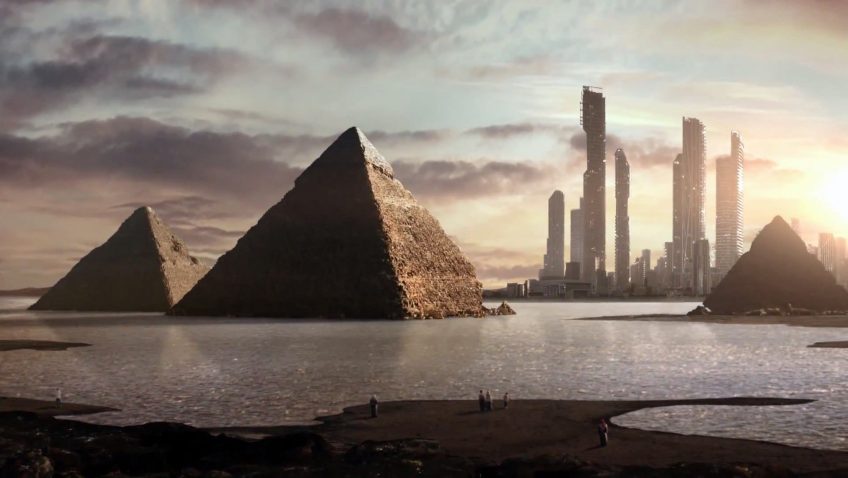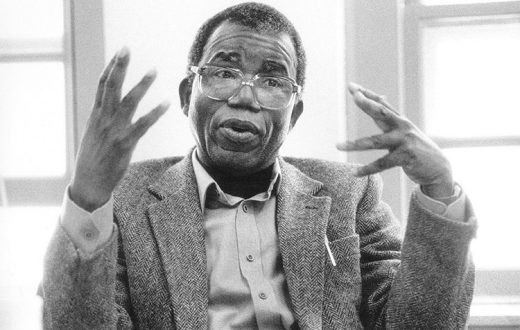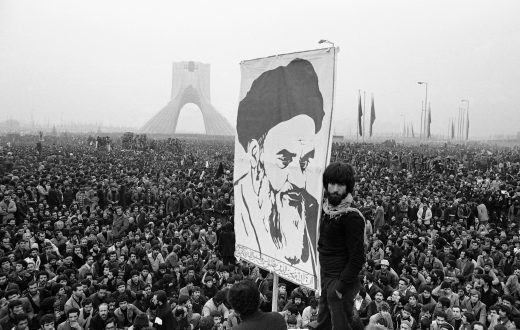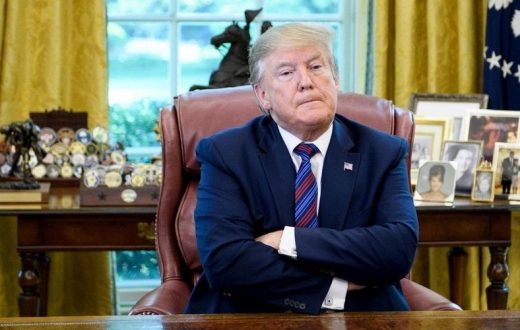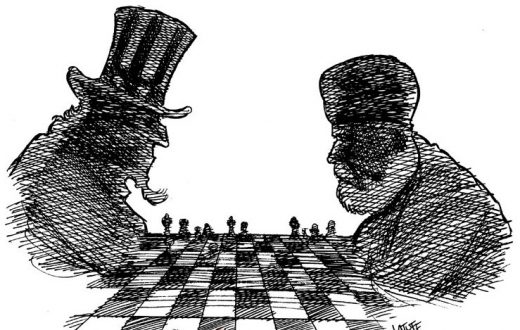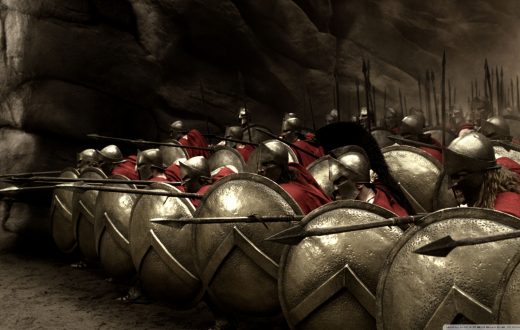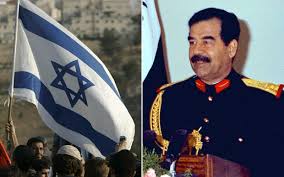Middle East is reputed for citadel of civilizations. It is the cradle from which various self- assertive civilizations like Egyptian, Persian, Mesopotamian, and Ottoman originated and flourished. Competition among Empires to dominate the region, and struggle among colonialist states to have control of the lion share of resources, pitted Arabs against one another on one pretext or another. The vital instrument to put various Arab tribes hands down against one another was Sectarianism. Sectarianism gave rise to non- state actors like Al-Qaida and ISIS and Terrorism. Today, Middle East region is dominated by the rifts of Sectarianism and Terrorism. These menaces can be expounded from multiple dynamics that how they dominated the region, and how once fountain of civilization now became spring of terror.
Middle East was reputed for its traditions of Pharos in Egypt for centuries. Then various civilizations developed respective Empires like Babylonian, Persian and Ottoman Empire. These Empires propagated their respective civilizations across the region. The inevitable consequence was the clash. The clash led to the disintegration of Empires over the course of time. Ottoman Empire was the last one which ceased to exist as a result of the First World War.
History detests vacuums whether it is political, social, or economic. Once Empires became part of the past, there was need to install a new setup in its place. This vacuum was filled with a new political system- known to the world with the name- Nation- State system. This contemporary nation state system didn’t succeed in erecting edifices over the ruins of Empires but resulted in further destruction and violence.
Though contemporary Nation State system was well known in the West and suited that society, but it was an alien system to the nomad Arabs. Second, Nation State system was antithetical to the Tribal structure of the Arabs. Third, states which were created out of Middle-East were based on the arbitrary lines drawn by Colonialists- to meet their coveted ends- without the indigenous knowledge of territory and people. These arbitrary borders carved out by Foreigners sowed the seeds of animosity and bitterness among Arabs. Hennery Kissinger writes in his book, World Order, that the dilemma with Muslim world is that it is pursuing two different world orders i.e. Caliphate and Westphalian simultaneously. On one hand these states are established and functioning in accord with the Westphalian International Order, on the other hand people are demanding caliphate – an Islamic world order- at the same time. These two separate but contradictory orders added to the instability of the region.
There is contradiction between state and society in Muslim World. State is based on the western liberal institutions like parliament, election, political parties etc. while society is extremely religious nostalgic of the golden era of Islam. As compared to West where state and society are reinforcing each other and difference between the two is vanishing, in Muslim states state and society are antithetical to each other and difference is increasing instead of decreasing.
Contemporary map of Middle East is the remnant of the colonialism, nevertheless, Arabs tried to create unity among Arab states. This unity was shattered by the blows of Sectarianism, which entered the scene lately. Zoroastrianism – fire worship- was the first religion which appeared in the Middle East and Islam was the last religion which made its entry to the region and prevailed. Golden Age for Muslims of the region remained from 7th to 11th century. After this climax, anticlimax made its way. The decline assumed the shape of Sectarian dissents in the region particularly between Shia and Sunnis sects.
Sectarianism dominated the region especially after the successful Iranian theocratic revolution in 1979. The revolution created fear of Iranian preponderance in the region and sparks of revolt in rest of the Arab states, where Shias were residing. The revolution posed a serious threat to the hegemonic status of Kingdom of Saudi Arabia. In order to counter the ripple-effects of the revolution Saudi Arabia started sponsoring various militant groups for the discharge of job on various states. In the same way Iran extended its helping and supportive hands towards those Shia’s militant groups which were involved in subversive activities against the Sunni Government. This sort of polices fanned the flames of terrorism in the region.
Balfour declaration added fuel to the burning fire in which Middle East was frying. Creation of Jewish state in the land of Palestine, was an increment to the existing unresolved plethora of problems. Zionist agenda in the land of Arabs led to four Arab-Israel wars. The creation of Jewish state on the land of Palestine is perceived as a forcible occupation by the Muslim world, which appeals forthwith evacuation. This provided an opportunity to the already functional terrorist factions to wage Jihad against Jews and liberate the Palestinians. So circumstances drifted towards worst rather than good.
Kingdom of Saudi Arabia, Iraq under Sadam, And Iran under the leadership of Ayatollah Khomeini attempted to become leader of the Arab states. Iran was the leader of Shiite States in the Middle East. While Saudi Arabia was the leader of Sunni dominated states. Foreign actors like United States of America and Russia were also involved in the region supporting their own blocks Israel has become a powerful state, it defeated United Arab front in all the wars. All these competition for hegemony, ideological conflict, foreign interventions, and Israel and non-state actors have made Middle East an explosive mixture which upon a mere spark can explode at any time. This explosive mixture exploded so many times in the shape of Arab- Israel wars, Gulf wars, Iran- Iraq war, Saudi-Iran conflicts, Iraq invasion by USA, and terrorism along with the rise of ISIS, which has dominated the scene in the region.
Oil resources has become a bane in disguise for the Arabs. Time appeals for the use of petrodollar for the security and welfare of the people. Arab states have to drift away from the extreme religious ideologies towards democratic moderate ideas and principles. Arab and Iran should desert their proxy groups and stop financing them. United Nations must reach a win-win solution to the Palestine-Israel problem. State ought to integrate the society gradually and erase the difference between western state and Muslim society. Middle East should reclaim the status of being the cradle of civilization and disown the titles of sectarianism, Extremism and Terrorism associated to it.

